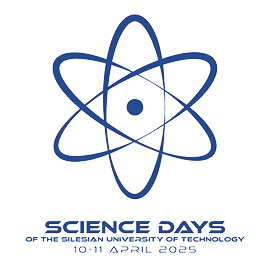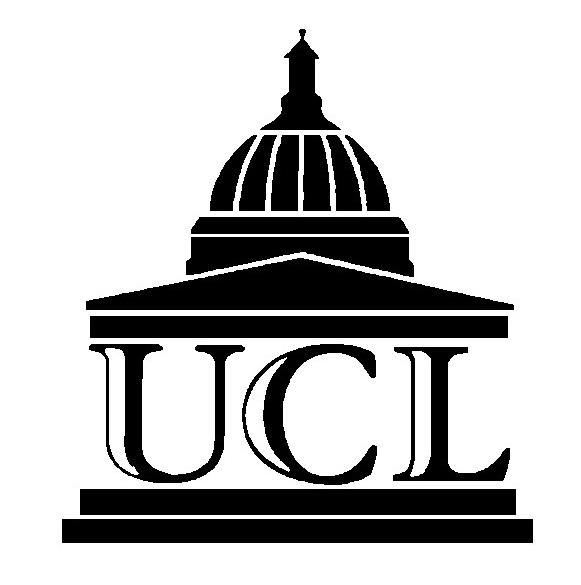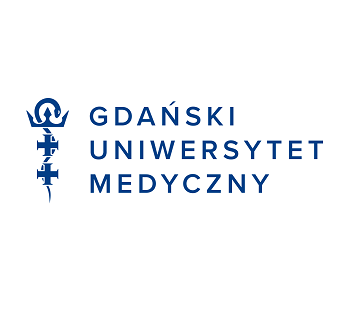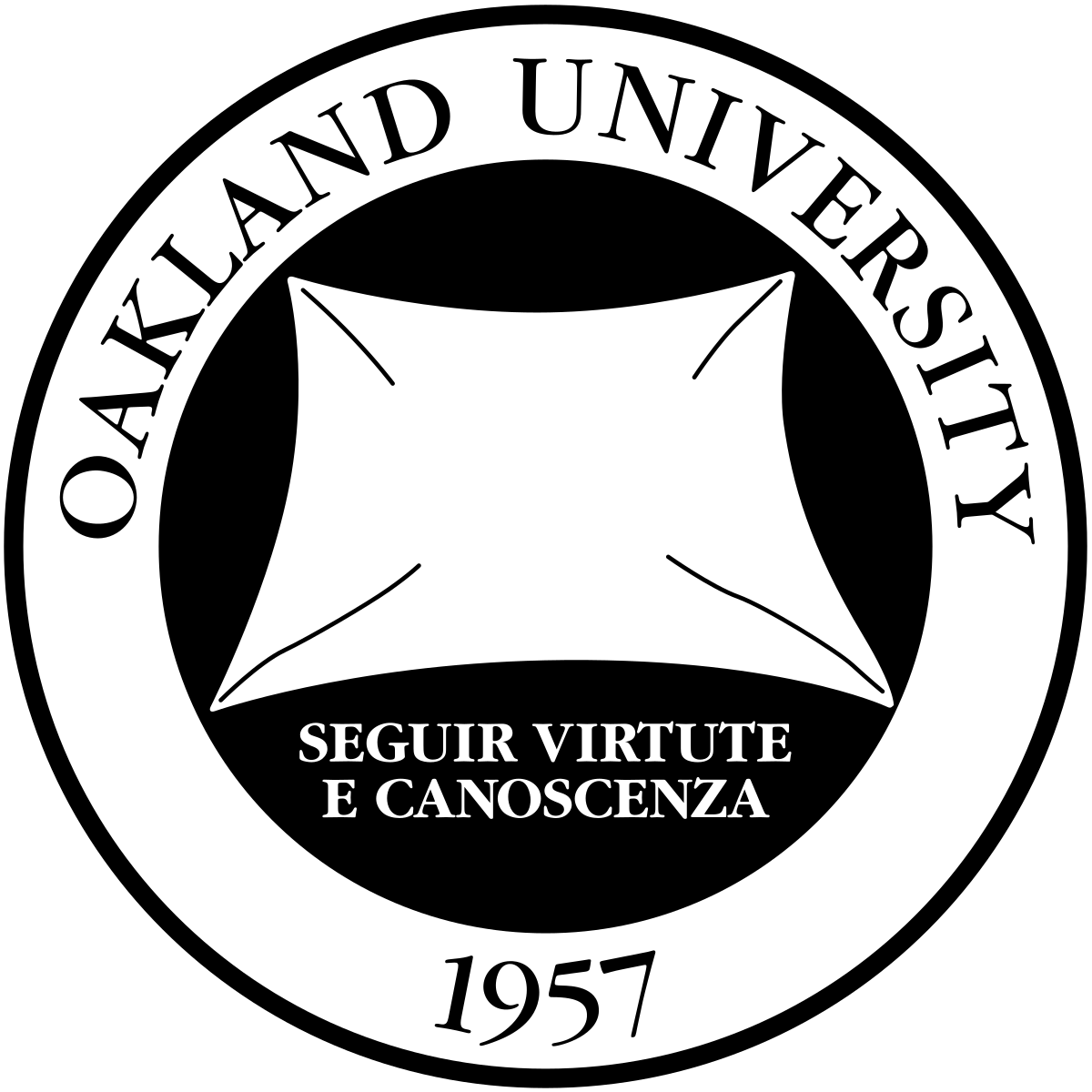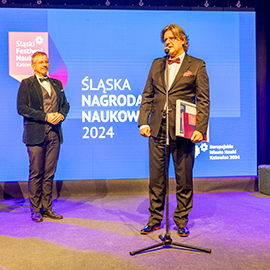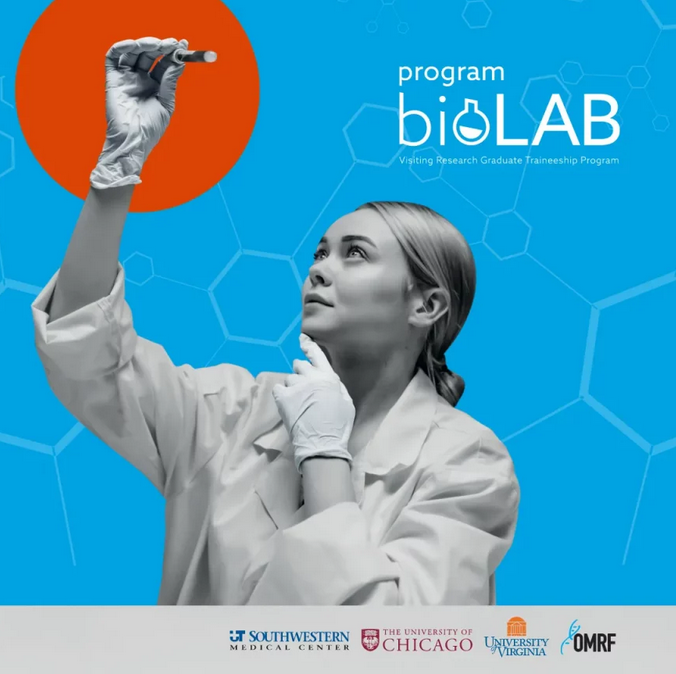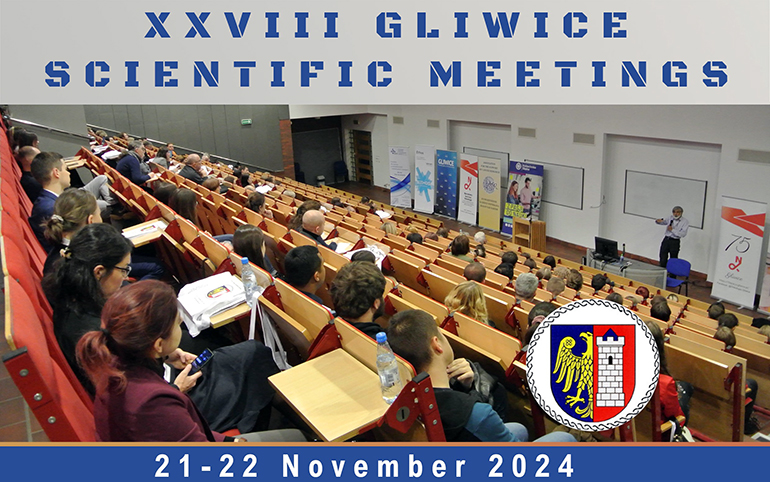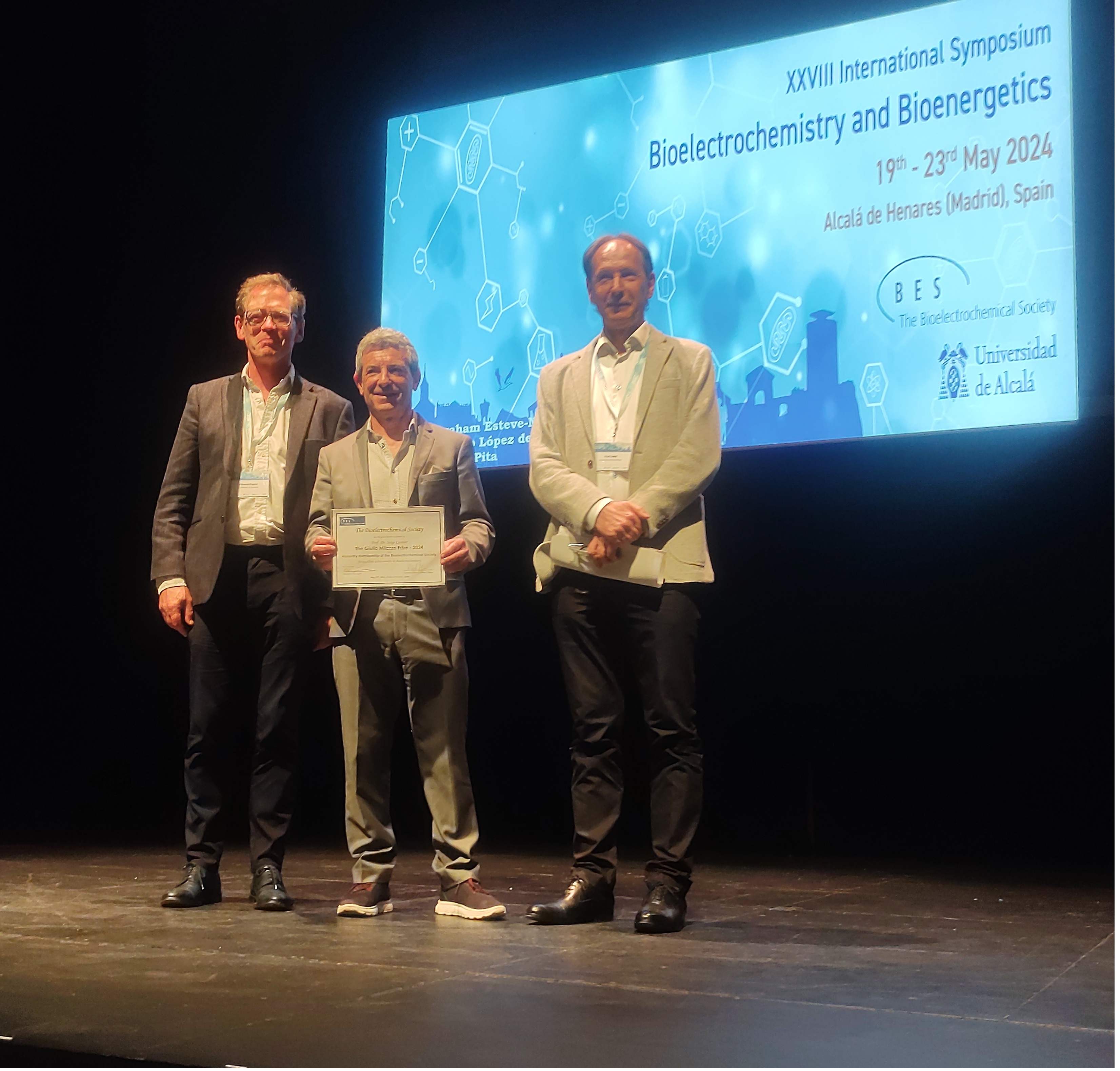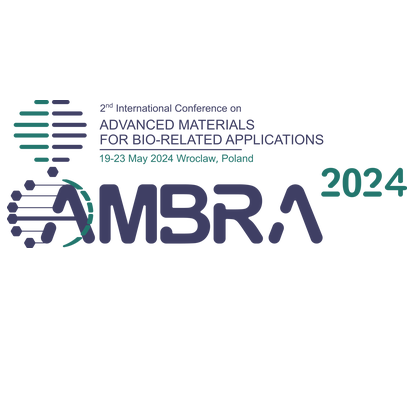Start - News
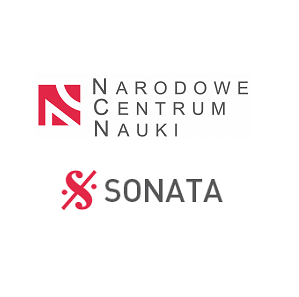
New project funded by NCN-Sonata
"Identification of low molecular weight compounds and peptides with high biological activity present in maggot secretions, parasitizing open wounds" is the title of a project funded within the framework of NCN-Sonata.
Treatment of chronic wounds, often occurring in groups of patients suffering from circulatory insufficiency, diabetes or being immobilized for long periods of time is exceedingly problematic for modern medicine. Despite using many surgical procedures, including hydrosurgery, the latest hydrogel dressings and artificial skin, the wound treatment process is very complicated, expensive and it does not always lead to complete cure of the patient. Therefore, researchers are searching for natural bioactive compounds, which could be used as alternative methods of wound treatment or as a supporting therapy, when traditional methods do not give satisfactory results.
One of the methods, known for a long time, is maggot therapy with use of e.g., fly maggots. It gives promising results, even for patients with chronic wounds. Maggots positively affect the wound healing process by: removal of dead tissue from the wound, eliminating bacteria and stimulating the creation of new blood vessels (angiogenesis). Despite the positive effect on the wound healing process, the application of living postembryonic insect forms is limited, due to the fact that most patients feel uncomfortable with such therapy. Therefore, the isolation of useful compounds from maggot secretions that can be used to replace the living maggots’ effect in wound healing process is a topic of ongoing studies. Recently, several compounds that stimulate the wound healing process have been isolated and described, mainly biologically active enzymes, proteins, and fatty acids. However, little attention has been paid to peptides and low molecular weight compounds present in secretion, which also exhibit antibacterial and proangiogenic activity.
The main goals of the proposed project are to identify peptides and low molecular weight compounds, their analogues and metabolites present in fly maggot secretions before and after larvae immunization, and also to determine their biological activity. Here we would like to evaluate antibacterial and pro-angiogenic activity of compounds identified in maggot secretions. The proposed research will extend the knowledge on natural and biologically active compounds beneficial for chronic wound treatment. In addition, they will be the basis for the development of innovative treatment methods and complementary therapies that would improve the patient's comfort during therapy and shorten its duration.
Congratulations to the principal investigator of the project, Dr Katarzyna Papaj affiliated at the Centre of Biotechnology.













